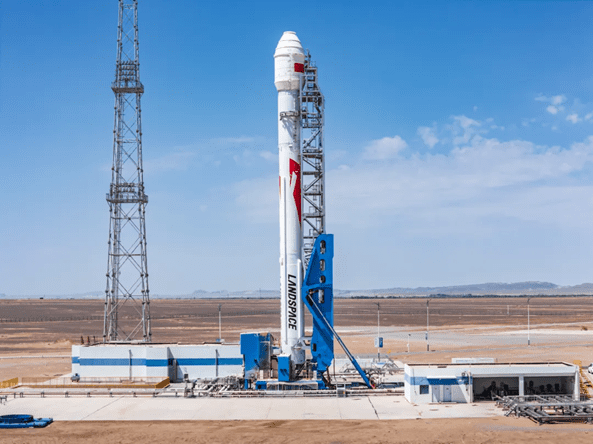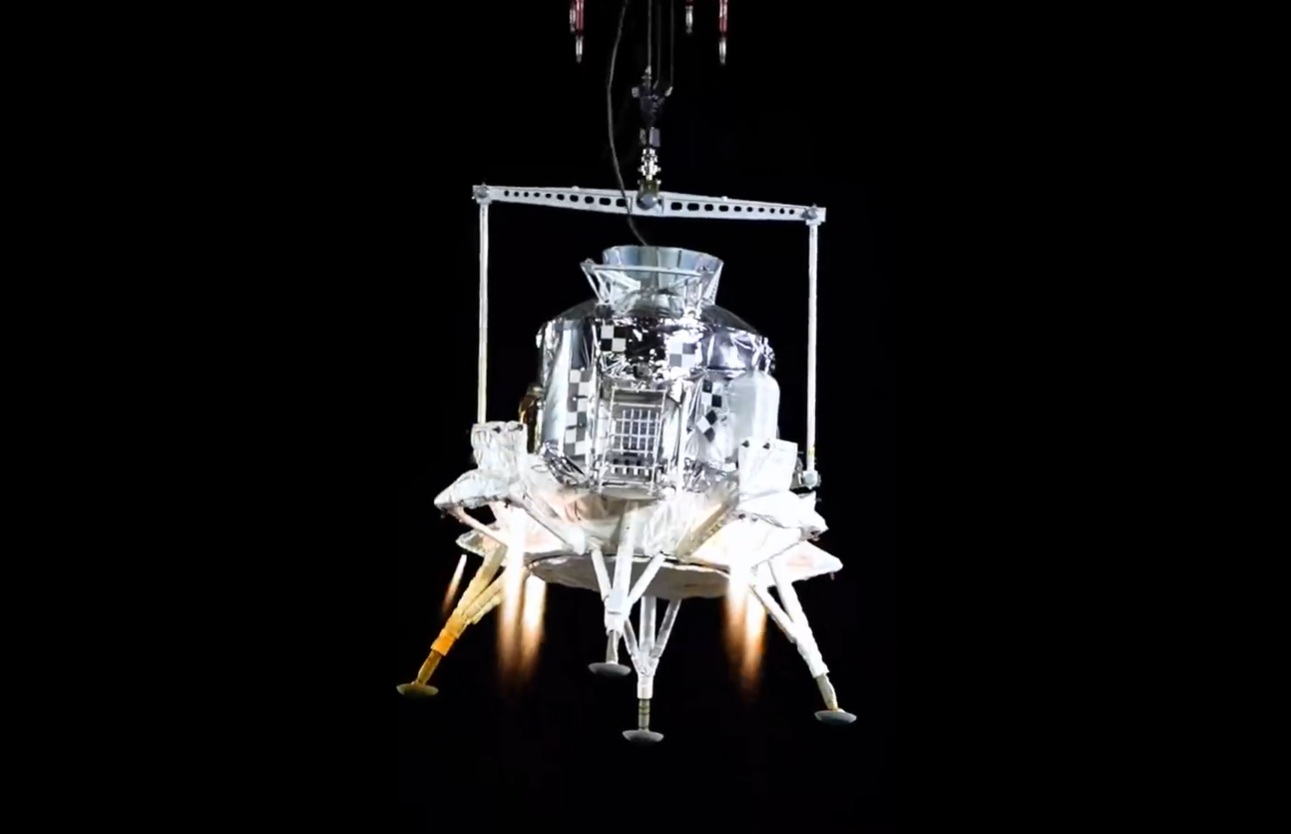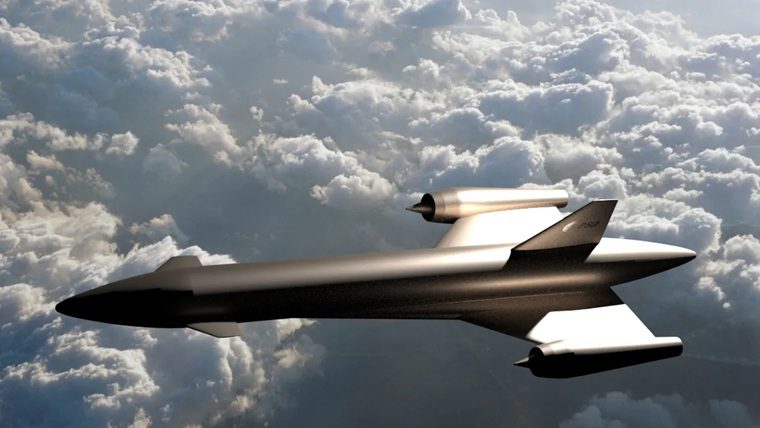In the same month that Her Majesty Queen Elizabeth II and UK Prime Minister David Cameron attended the celebration of the 800th anniversary of the signing of the Magna Carta, a bedrock of the democratic values and freedoms we know today, there was further evidence of the encroaching Orwellian surveillance society is about to end such freedom.
For it was revealed that Leicestershire police had been using facial recognition camera technology to spy on the 90,000 attendees at the Download Festival, a music festival in Donnington Park near Derby, in order to hunt for known criminals. Such as its success that other UK Police forces hope to repeat the exercise with the “Big Brother” surveillance system at other festivals.
While it can be strongly argued that CCTV surveillance systems have caused crime to fall significantly, and are necessary to track down dangerous gangs of robbers and sex offenders – especially at rock festivals where the vulnerable young will be – nevertheless, many also sense danger. That is, that this move could be the first step towards facial recognition systems being rolled out as a standard practice in normal life.
For those pro-privacy advocates who thought that such “East German Stasi-style” detailed surveillance was only being applied in totalitarian police states (China is known to be rolling out facial recognition on a mass scale), the news is just the latest worrying development in a continuous attack on personal privacy. Already, via modern smart phones, the authorities have the ability to track individuals via the GPS satellite mapping signals or via signal strength/cell trigonometry, and with the help of GCHQ and the US NSA, can already track your social connections via metadata tracking As it is your location and financial transaction history is also recorded via credit/debit card data.
Other civil liberty defenders are more concerned about what the police will do with such systems rather than over their actual existence. For example, many might accept such a system if it was solely used to detain “criminals”, or prevent them from breaking the law. However, once the definition of those to be tracked and detained also includes protestors and political activists, then the alarm bells start to ring for basic democratic freedom.
Unfortunately, this has already happened with other forms of surveillance technology. After automatic number plate recognition (ANPR) cameras were similarly stealthily rolled out onto Britain’s road network with little parliamentary oversight, police forces in the UK were later found to be using it to block vehicles carrying protestors – individuals with no criminal records – from travelling to legitimate and lawful environmental and anti-war protests; a flagrant and disgraceful attack on their democratic right of protest.
Of course, for the time being, you can at least theoretically opt out of such state monitoring by not using a mobile telephone, private car or credit card – even if this is becoming increasingly more difficult to do in modern life.
However, soon your movements will be tracked even if you have left your car, your cell phone, or credit card at home. That is, if facial recognition technology is stealthily rolled out across the country. For once it is nationally networked, state authorities will have the ability to monitor and track the movements every individual, nearly all of the time.
As a first step in protesting against the spread of such facial tracking, our advice is to find out if a rock festival has let facial recognition technology in, and, if it has, vote with your feet and not go. That should soon concentrate the minds of the festival organisers, and, at the same time, let the police know just what the limits of curtailing our basic freedoms are.





